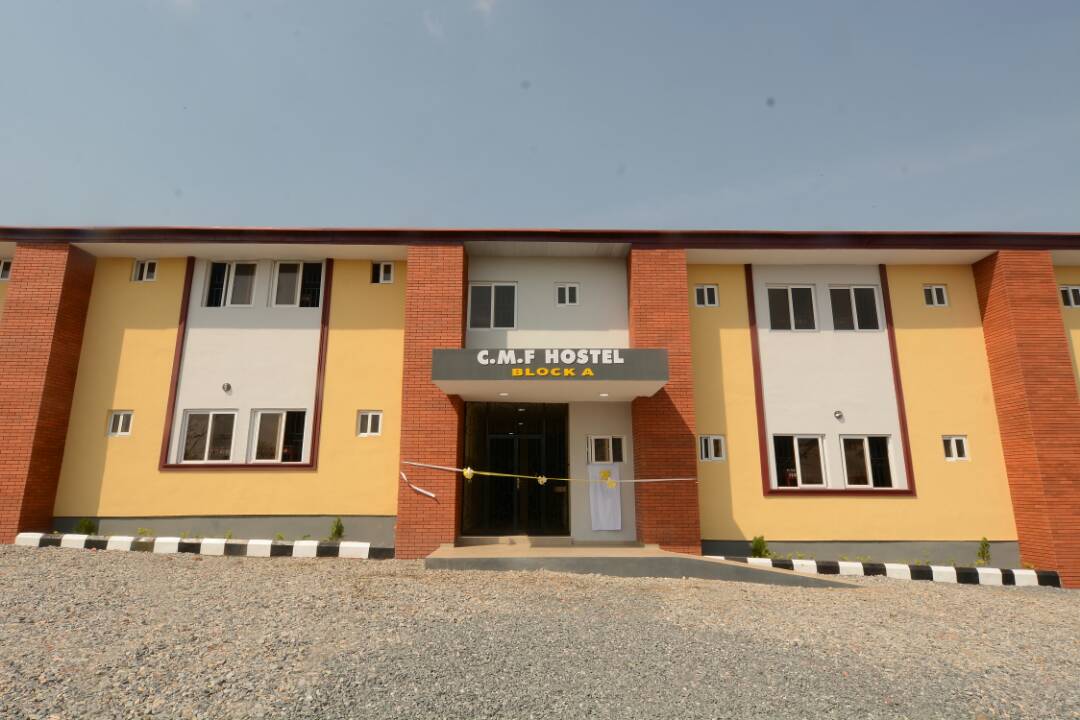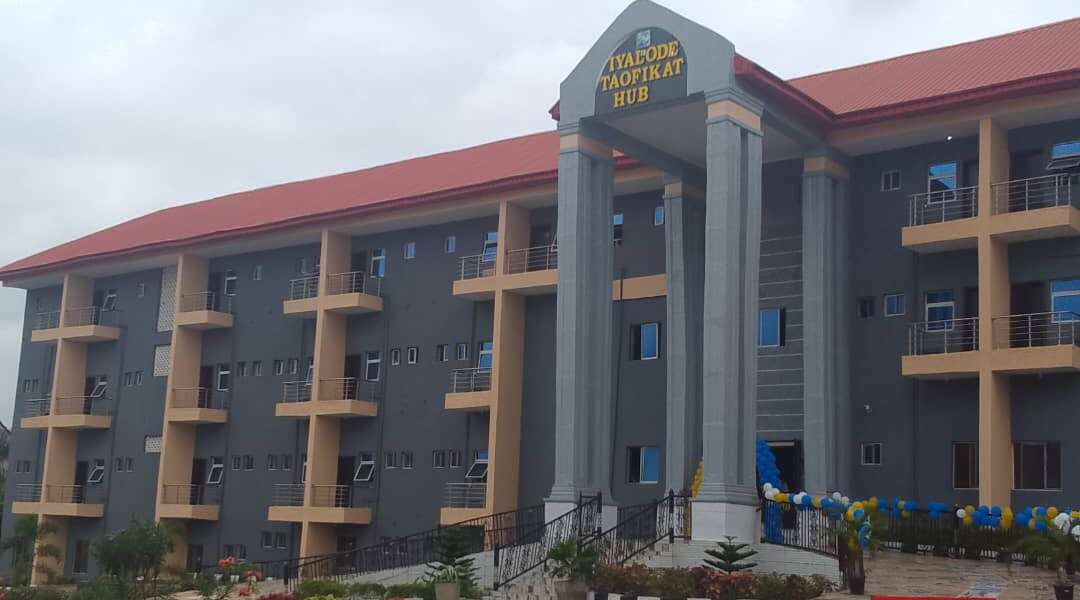In-Session Fumigation in CMF: A Nightmare

Life in CMF – like every other hostel – is often plagued with issues. However, the events of July 11 reached a new height of inconvenience. Light and water issues are one thing; even broken sockets or malfunctioning fans can be tolerated. But fumigating during the school session was unprecedented.
About a week before the fumigation, the hostel’s management announced that the process would take place the following Wednesday and Thursday, a day for each block. This announcement was met with confusion and frustration as the fumigation exercise was one of the listed reasons for students to leave at the end of the last academic session. The management urged residents to make arrangements for the day, which included finding alternative locations to stay throughout the day and sorting their belongings. Little did residents know that this should have included overnight arrangements as well.
Nonetheless, residents complied and on the first scheduled day, after everyone had packed their belongings from Block A, it was announced that the fumigation team was going to arrive the next day. Additionally, both blocks would be fumigated together. This unexpected change left many, especially those who had planned to stay with friends in the other block, in limbo.
Thursday arrived, and everyone had to leave due to the strong fumes, which the management had claimed would be mild. Even at the end of the day, when the girls returned, the smell lingered. Speaking with the Press, Funke* a resident of the hostel said, “Personally, I was really angry because I couldn’t sleep in my room that night due to how hard I found it to breathe when I came back to my room. It’s sad and annoying that I had to be forced out of a room I paid for because of the management’s insensitivity“
The situation was worsened by the caretakers’ futile attempts to alleviate the smell with an excessive amount of air freshener, creating a clogged and uninhabitable environment. Many residents had to find alternative places to stay- offices, other hostels, guest house. 31 out of 54 surveyed residents did not stay in the hostel that night.
Concerns about personal belongings and food safety were high, as wardrobes were not safe havens. Residents were directed to take out their items and place them in the center of their rooms, which seemed counterintuitive. Those who didn’t comply were told the fumes would penetrate anyway. Foodstuff and items in the rooms’ kitchenettes had to be relocated or left to chance.
The biggest concern was for asthmatic residents. The management didn’t consider the potential health risks until students raised the issue. Even then, their response was inadequate. Rooms of asthmatic patients were supposedly spared but windows facing hallways were opened, allowing congested air to diffuse into the rooms, regardless. One asthmatic resident’s room was fumigated, leading to an asthma attack the following morning.
Non-asthmatic residents also suffered complications, including body itches, swelling, itchy throats, stinging eyes, difficulty breathing, and violent coughing. Some had to leave immediately, while others had no choice but to stay. Those who couldn’t get treatment at the Jaja Clinic due to timing or schedules resorted to self-medication, a few with visits to the pharmacy.
Despite the disruption and discomfort, the fumigation was deemed ineffective by most residents, with many still reporting the presence of said targeted insects. Only 2 out of 49 surveyed found it effective, and 18 out of 43 considered it necessary, with a few stating they felt it was done at the wrong time. Sandra* is one of those eighteen. “I understand the issue of necessity. At least for school hostels, they fumigate at the beginning of each semester. However, that doesn’t negate the fact that the manner of approach was completely wrong. It could have been done by that weekend, at the very least. Not even we had classes the next day and were looking for where to sleep.”
Despite the significant impact, this issue hasn’t sparked much discussion around campus. When asked why they didn’t raise their voices, residents responded with similar reasons. For Nafisat*, it’s a distrust in the system. “I messaged the Student Union president to make enquires about the process of filing a report and it just seemed like a lot coupled with the fact that I can’t say I entirely trust the system to take the report seriously after going through numerous stress to file one”, she said. While another CMF-resident felt it was a matter of the timing: “I feel, had we immediately reported when they announced it on, I think Monday, and we all complained together, then they could have moved it to the weekend. Or, had we reported it immediately it happened, they might have been sanctioned or something, and they wouldn’t try it anymore.” Nonetheless, this doesn’t mean they had no intention of reporting the issue if provided a response-guaranteed chance as reflected in their willingness to respond to interviews for this report.
CMFites might just be exhausted from constantly having to complain as they report their regular issues -power, water, fans- are never readily attended to. And it doesn’t take much debate to see that a fumigation exercise during the ongoing school session was out of question and deserving of reprimand by appropriate authorities. It’s left to see what steps are taken to prevent such an occurrence, moving forward.
*The Identities of respondents have been changed to protect their identities
Abeoji.




